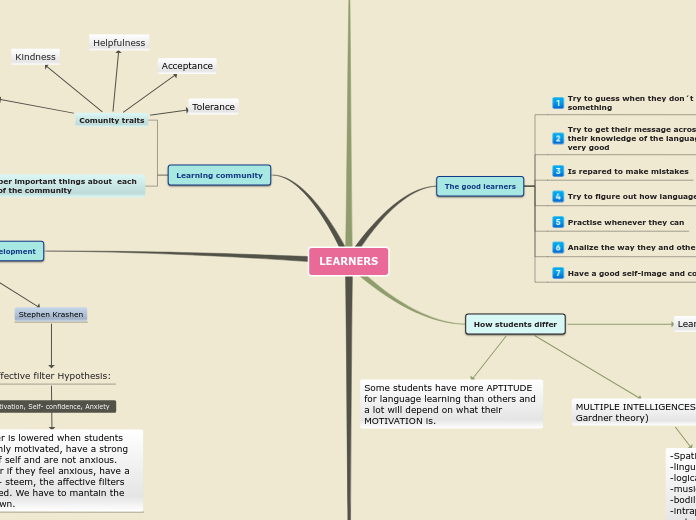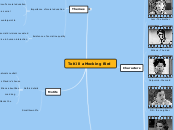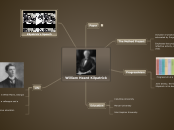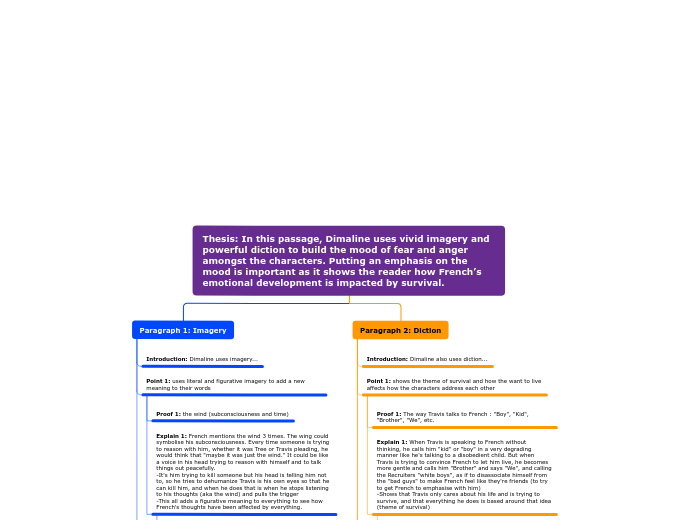jonka Lourdes Castaño 5 vuotta sitten
199
LEARNERS
The way learners engage with education varies significantly based on age, which influences their attention spans, motivation, and behavior. Teachers play a key role in addressing these differences, creating tasks and activities that cater to diverse needs.









